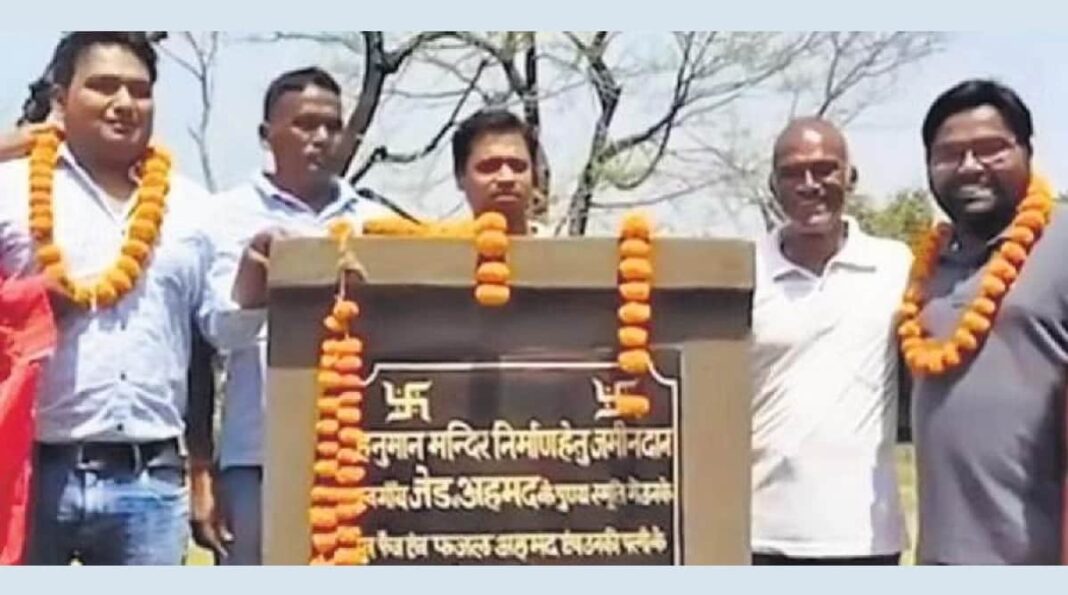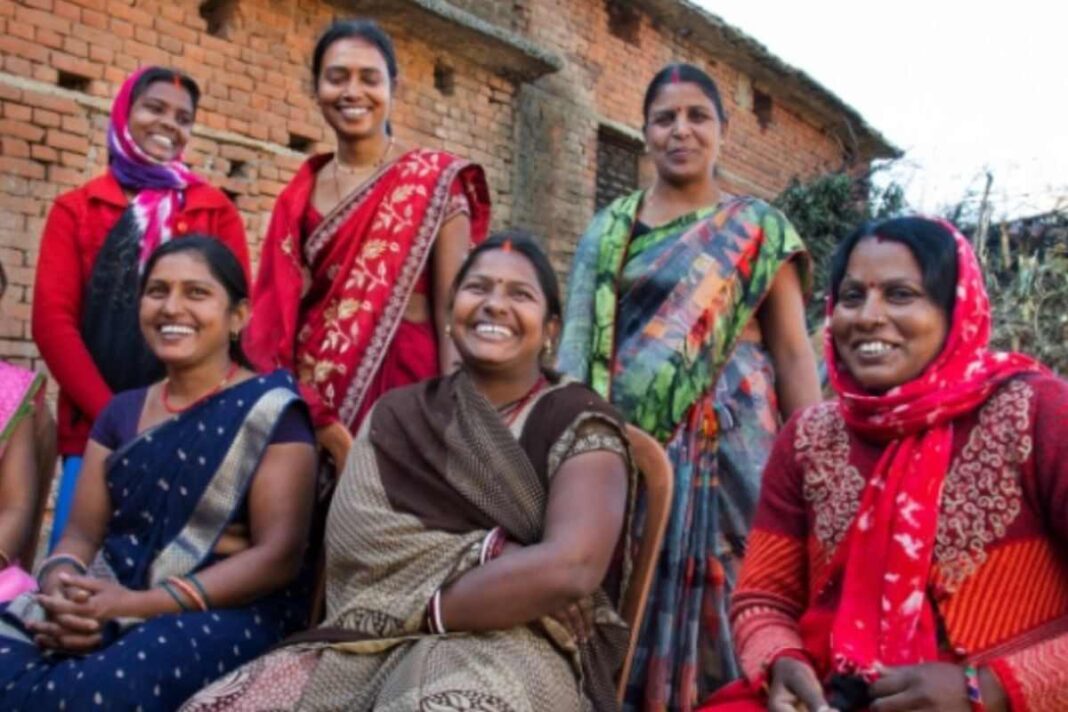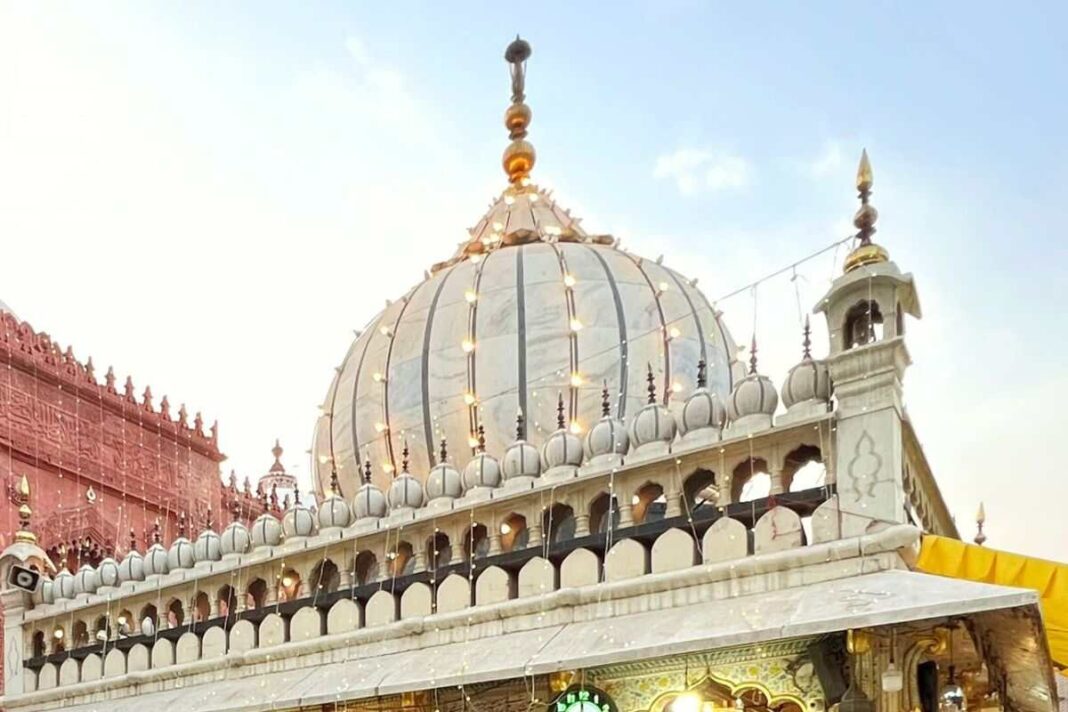In an inspirational demonstration of racial unity, two Muslim brothers in Bihar’s Kishanganj district have been given a plot of land to build a Hindu temple. Faiz Ahmed and Fazal Ahmed gave a unique example of the Ganga Jamuni Tehzeeb, the syncretic culture of India, by fulfilling their father’s final desire and establishing a benchmark of Hindu-Muslim togetherness.
The Act of Generosity
Faiz Ahmed and Fazal Ahmed, natives of Naya Gaon village in the Kishanganj district, acquired a piece of land from their father. Before his death, their father stated his wish to gift a section of their property to a nearby Hindu temple. According to their father’s intentions, the brothers agreed to offer a piece of land totalling roughly 1,000 sq ft to the temple officials.
The act of Faiz and Fazal Ahmed has been warmly praised and has become an example of communal unity in the area. The temple officials have expressed their thanks and thanked the brothers for their deed of kindness and societal peace.
The Significance of Ganga Jamuni Tehzeeb
The Ganga Jamuni Tehzeeb is a name that describes India’s unique combination of Hindu and Muslim traditions. The term describes the confluence of the Ganga and Yamuna rivers, symbolizing the Hindu and Muslim populations. It represents their shared cultural history shaped by cohabitation and mutual influence over centuries.
Ganga Jamuni Tehzeeb is a crucial aspect of India’s composite culture, evident in art, music, literature, and cuisine. It fosters unity and mutual respect among people of different religions.
The Need for Communal Harmony
Muslim Brothers Faiz and Fazal Ahmed’s deed is a tribute to India’s strong communal peace. Though occasional incidents of violence occur, most Indians cherish the country’s cultural history. Community peace is vital amid current social, economic, and political challenges.
Communal harmony is crucial for the success and development of India. It fosters social cohesiveness, increases economic growth, and strengthens democratic institutions. It is the obligation of all Indians, regardless of their faith, to contribute towards developing a society that is tolerant, inclusive, and appreciative of variety.
Conclusion
Faiz and Fazal Ahmed’s deed exemplifies India’s communal unity and Ganga Jamuni Tehzeeb. Recognizing and celebrating such acts must remind us of our shared values.
The government and civil society must promote communal peace, mutual respect, and understanding among people of different religions. This will create a robust and harmonious society for all.
Also Read: Staying Healthy During Summer: Tips and Tricks
You can connect with DNN24 on Facebook, Instagram, Twitter and subscribe to our YouTube channel.



